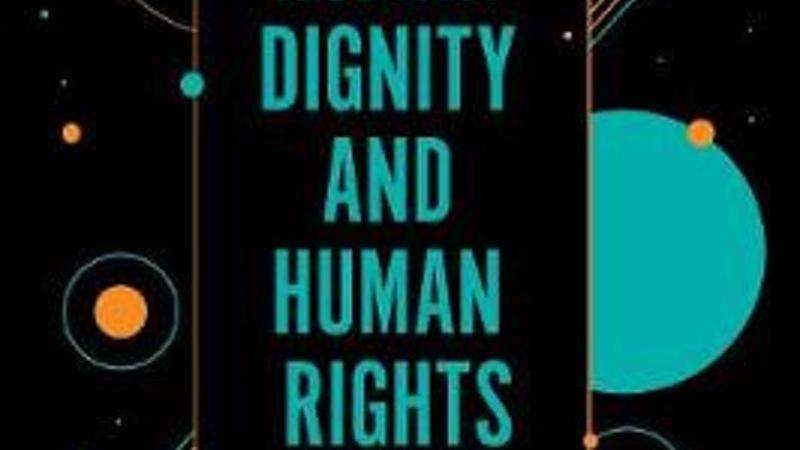
The concept of dignity is essential to discourses of human rights, and to understand what dignity means and requires, we must address a number of difficult questions with input from a wide range of disciplines. How is human dignity protected, maintained, or ensured in a rapidly changing world? What are the rights and responsibilities that go hand in hand with the concept of dignity? Which beliefs, discourses, individuals, and institutions threaten its global application or block its reach across all categories of difference? How is a consciousness of the importance of dignity developing across the globe?
This timely collection brings together a diverse array of field-leading contributors in order to give urgent and sustained attention to such questions and to offer interdisciplinary explorations into this most fundamental of concepts. Contributors from a diversity of academic and cultural backgrounds identify the challenges and opportunities in the realms of research, policy, education, religion, international law, social discourse, and media to define, broaden, and protect human dignity within both public and private spheres. They also address the need for reconstituting the current discourses on dignity to align them more effectively with the intellectual, moral, emotional, and spiritual capacities and concerns that animate the lives of human beings, ultimately gesturing towards a framework for ensuring that each member of the human race will be able to enjoy the conditions that are required if each person is to have the opportunity to realize their full human potential.
For its rigorous interdisciplinary inquiry into this deceptively simple concept and for its practical implications for those pursuing real-world solutions, Interdisciplinary Perspectives on Human Dignity and Human Rights is essential reading for researchers and students working within international relations, legal and global studies, philosophy, peace and conflict studies, and human rights and humanitarian law.